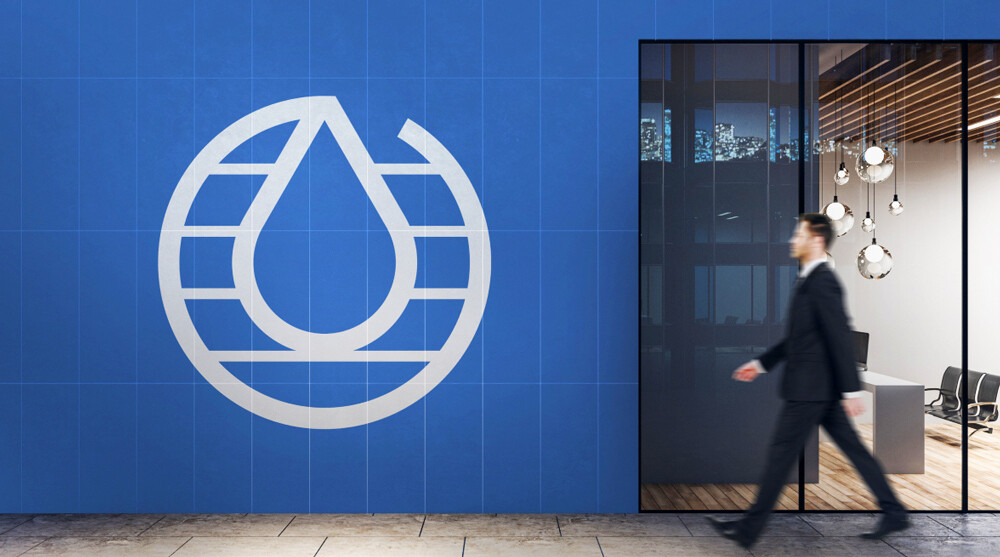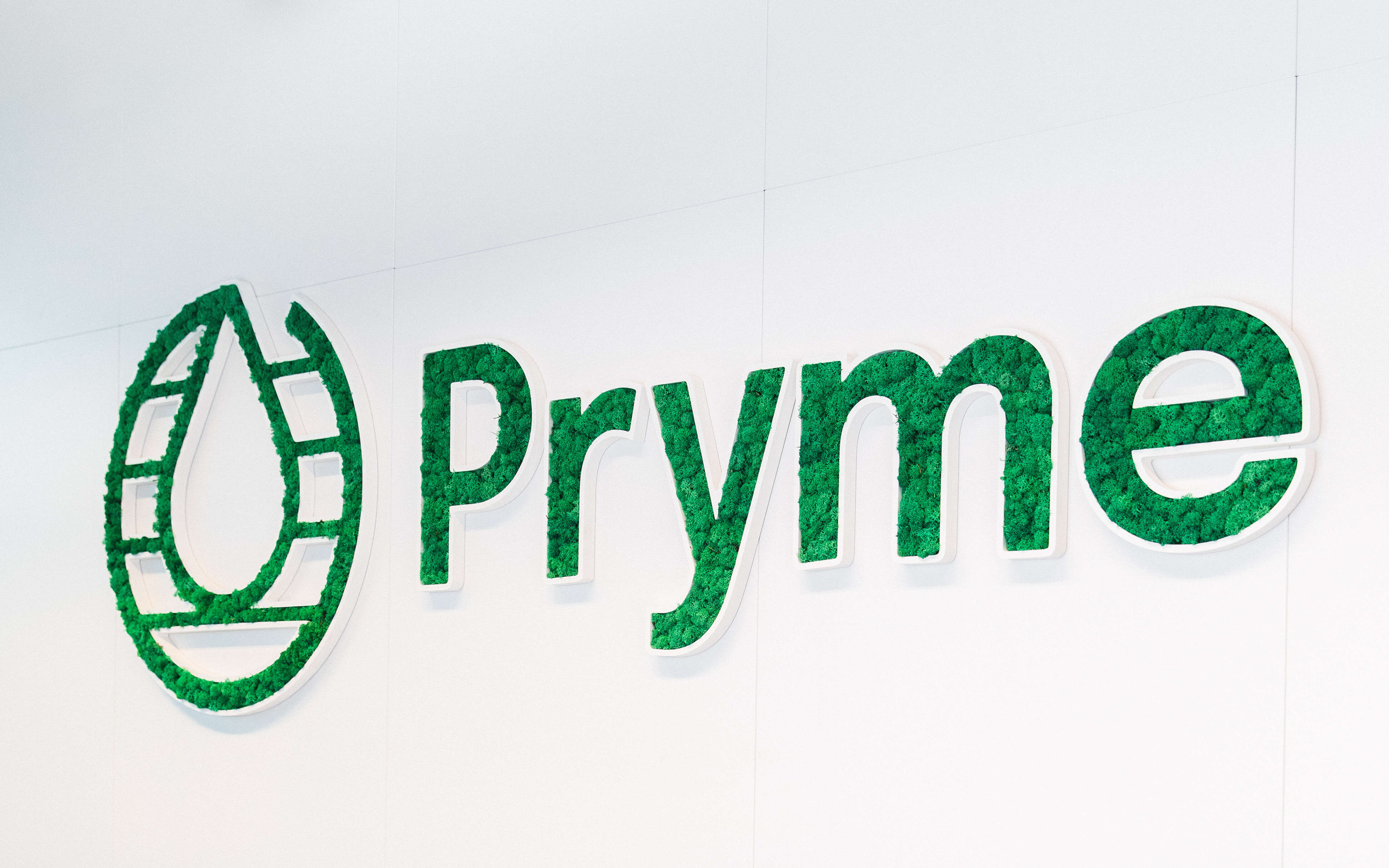
Chemical recycling at Pryme: 6 questions
In our previous blog on chemical recycling, we explained the process as well as the huge potential of the technology. What makes Pryme’s approach to chemical recycling stand out, how sustainable is the process, and is the technology really a key enabler of the circular economy? We asked former Executive Director Rik Van Meirhaeghe.
Why did Pryme step into the business of chemical recycling? What are the benefits?
Rik: “While mechanical recycling, the most traditional approach, is useful, it has its limitations. Firstly, it results in lower-quality plastics. Most importantly, however, a lot of plastic waste is difficult to process mechanically because it is multi-layered or contaminated. Chemical recycling takes a totally different approach. It converts plastic waste back into its original molecules, which yields products with the same properties as virgin plastic. On top of that, it can tackle more different types of plastic waste. So, by complementing mechanical with chemical recycling, more plastic waste is recovered.”
Pryme installations recycle plastics via the pyrolysis process. The output is not plastic, is it?
Rik: “No, we don’t claim that we enable plastics-to-plastics recycling. Pyrolysis, the chemical recycling process that we deploy, converts plastic waste to a feedstock that is sold to the plastics industry for use in new plastics or in combustion processes. The output isn’t plastic, but we do give value to plastics that would otherwise be incinerated or landfilled.”
Thanks to our tweaks to the process and installation, we can ensure a really high input and output capacity and can rapidly scale the technology, which is key for market feasibility.
Pyrolysis is not a new technology. Did Pryme fine-tune the process?
Rik: “Pyrolysis is a mature technology, that’s true. Our R&D team has worked long to take the process to a higher level, so we teamed up with a reactor manufacturer that boasts over 80 years of experience in this area. As a result, our reactor ensures a very precise and controlled application of heat at lower temperatures, which makes the recycling process more energy-efficient. In addition, we have enhanced the process in order to remove contaminants such as chlorine, which we know oil majors don’t want in recycled oil because it is highly corrosive. Moreover, thanks to very precise sorting, we can process more waste than our competitors do, giving us a really high conversion rate: 100% of the plastic waste that we treat is converted to value-added streams. So, we are talking about real re-use here. Most importantly, thanks to our tweaks to the process and installation, we can ensure a really high input and output capacity and can rapidly scale the technology, which is key for market feasibility.”

Why is scalability so important to ensure market success?
Rik: “First of all, let’s be clear that there was only a small amount of market interest in chemical recycling a couple of years ago, simply because virgin plastics were cheaper and virgin oil was easier for oil majors to process. Today, however, awareness about plastic pollution has risen sharply and plastic product makers are demanding more and more recycled plastics. Since demand is simply outpacing supply, oil majors are more than happy to integrate circular oil into their production processes, even though that requires changes to their installations. Economics and scale remain key, of course, so they will only make those investments if they are certain to get large quantities of recycled feedstock. The same goes for waste collectors. Again, that’s how we at Pryme will be setting the tone: our plant in Rotterdam will have an initial intake capacity of 40,000 tons* of plastic waste per year and produce 30,000 tons* of feedstock in its first year. That tonnage will grow by 50% by 2023.”*
*Pryme has revised these expectations in 2024.
How sustainable is the chemical recycling process as such? Are its energy demands and contribution to the carbon footprint a concern for processing as well as transport?
Rik: “Sure, we do need energy to melt and process the plastics. However, if we consider the entire life cycle of plastics, the greenhouse gas emissions are marginal compared to those produced by incineration. To reduce our environmental footprint, Pryme uses 100% renewable energy.”
“As for transport, we’re building our plants near waterways to enable transport via ships. We realize the shipping industry also emits greenhouse gases, yet much less than road transport or air freight. Moreover, the sector is looking for ways to replace fossil fuels with green fuel, like hydrogen.”
In summary, would you say that chemical recycling is the Holy Grail of the circular economy?
Rik: “Chemical recycling is not direct recycling. Yet, as I explained, we know that direct, plastic to plastic recycling is simply not feasible – at least not today. At Pryme, we see chemical recycling as an important step in solving what is perceived as a global problem and we believe that Pryme has the technology to accelerate its adoption.”